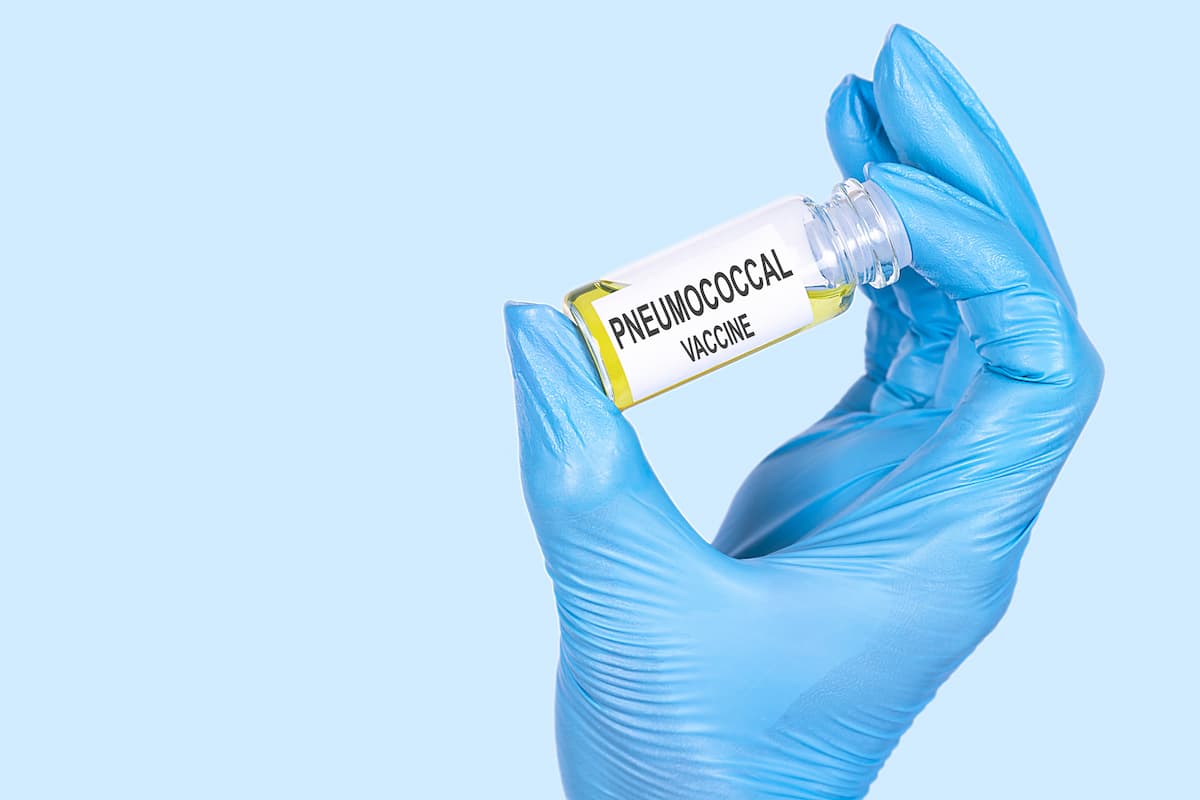Article
APhA Releases Statement Addressing Pharmacist Burnout, Calls for Change
Author(s):
The Board of Trustees of APhA addresses 5 areas in their statement, including importance of wellbeing, root causes of pharmacist burnout, pharmacy benefit manager issues, need for provider status, and some potential solutions.
The Board of Trustees of the American Pharmacists Association (APhA) released a statement addressing burnout for pharmacists and its root causes, as well as some potential solutions. Additionally, the statement noted the importance of supporting pharmacists’ wellbeing and addressing issues related to pharmacy benefit managers (PBMs) and a lack of provider status for pharmacists.
“Workplace conditions have pushed many pharmacists and pharmacy teams to the brink of despair,” the statement explains. “Pharmacy burnout is a significant patient safety issue. It is impacting patients today with delayed prescription fulfillment, unacceptable waits for vaccines and testing, and potential errors due to high volume, long hours and pressure to meet performance metrics.”
The APhA and the National Alliance of State Pharmacy Associations developed a Pharmacy Workplace and Wellbeing Reporting system that provides a safe, confidential, and anonymous space for pharmacy professionals to report positive and negative workplace experiences they may be having.
APhA also believes that a significant factor causing burnout among pharmacy professionals is related to understaffing in pharmacies. Additionally, APhA cited problems related to unrealistic performing metrics that reward the volume of tasks assigned over the value of those tasks for patients and the practice. For example, performing metrics commonly reward staff for the successful completion of reimbursement for dispensing a product and does not reward successfully addressing the clinical needs of patients.
Additionally, the statement explained that in the current system, PBMs are set up to act as intermediaries who can siphon tremendous profits from within the prescription drug system. These profits do not provide value directly to the patient, and instead leave pharmacies to depend upon unrealistically high transaction volumes with minimal staffing capacity in order to stay afloat.
Because pharmacy teams have been dispensing acute and chronic medications, as well as other associated services, like testing, vaccinations, and treatments, the APhA also noted that pharmacists currently lack coverage for clinical services they provide, such as explaining medication use to patients or ensuring that they take medications correctly.
With a wealth of knowledge, training, and experience at pharmacists’ fingertips, the organization explained that pharmacists are medication experts who can provide clinical care for medications they prescribe and for the conditions those medications treat.
Additionally, pharmacists are not able to bill Medicare for their clinical services because they are not recognized as eligible providers under the Social Security Act.
“Other health care professions—including physicians, nurse practitioners, physician assistants, audiologists, and nurse-midwives—are all eligible providers who can bill for their services,” the statement explained.
This lack of provider status results in limitations as to the extent of coverage pharmacists are offered within the health care system, often resulting in limitations around the type of care pharmacists can provide in areas pharmacists are both highly capable and highly trained.
In the statement, APhA listed 4 solutions to address these issues. For example, one such solution is that staff are allowed to dedicate time for the safe dispensing of medication, safe delivery of clinical services, and counsel patients about their medications. Additionally, APhA also called for employers to address issues relating to working conditions within the pharmacy.
APhA also noted that they will be engaging in direct conversations with chain pharmacy leadership and other key executives in the industry on pharmacists’ workload and wellbeing.
The organization also called for boards of pharmacy to engage in conversations with pharmacy team members, pharmacy management, and organization executives to address staffing levels to safely provide care and sustain public access to medications and patient care; performance measures that could negatively impact care delivery; use of technology in pharmacy practice; and policies and procedures that distract pharmacy professionals from delivering patient care.
Lastly, the APhA addressed underlying payment issues which they noted require alterations.
“This includes reining in adverse PBM business practices and recognizing pharmacists as patient care providers in Medicare as well as Medicaid and private insurance plans,” the statement explained.
APhA also noted that until changes are made, pharmacy professionals will continue to experience significant burn out that can impact not only the wellbeing of these critical industry members, but can also impact their ability to safely delivery care to patients.
In order to help support pharmacy professionals on the road ahead, APhA explained that they will need the help of not only pharmacy employers, but also boards of pharmacy and payers so that they can work together to bring the profession to a level that supports ongoing sustainability.
Reference
APhA: Pharmacist burnout hits breaking point, impacting patient safety. APhA. News release. December 17, 2021. Accessed December 17, 2021. Email.






